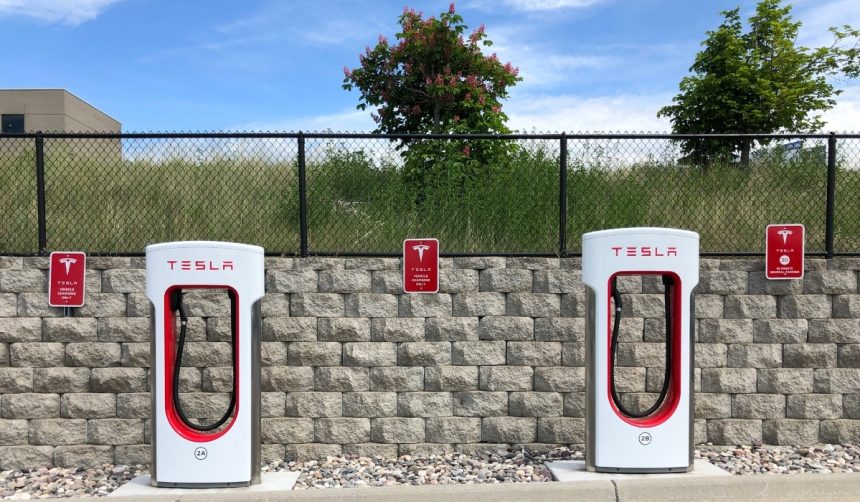Labor tensions at Tesla Sweden escalated this week as union actions widened to industries vital to the automaker’s continued operations. By targeting technical services essential for safety and communication, Swedish unions aim to maximize leverage after months of failed negotiations. These new measures could disrupt not only Tesla’s day-to-day functions but also potentially influence broader discussions on workplace agreements within the country.
While Tesla’s labor relationship in Sweden has drawn periodic protest over the past year, the scope and coordination of strikes have broadened in recent months. Previous actions mostly affected logistics and postal services, but did not extend to service providers responsible for critical infrastructure like elevators and telecommunications. Recent reports now indicate that cross-sector union collaboration is increasing, marking a significant shift from earlier, more isolated protest efforts. Rapid escalation also follows the breakdown of mediation attempts earlier this fall, which failed to produce a resolution between Tesla and the unions.
Why Are Unions Targeting Elevator Maintenance?
IF Metall has instructed Cibes Kalea Sverige to stop all service and maintenance work on Tesla’s elevators starting October 29. Regular elevator inspections, which typically occur quarterly, will be suspended at Tesla facilities. The union’s move directly impacts safety and daily operations, reflecting an intensified campaign to advocate for a collective bargaining agreement.
“We want to send a clear message by halting essential services at Tesla’s Swedish sites,”
a representative from IF Metall stated, underlining the strategic significance of the new blockade.
What Effects Could the Telecom Blockade Have?
Seko, a prominent union for telecom workers, announced a similar blockade affecting Tesla’s networks, fiber, and telephony. Maintenance work, as well as the installation of new systems crucial for vehicle charging and business communication, will be withheld from Tesla. Seko’s leadership explained that by targeting network connectivity, their action is likely to have far-reaching consequences for Tesla’s digital infrastructure.
“We believe Tesla depends on connectivity even more than most companies for its services,”
stated Gabriella Lavecchia, Seko’s chair.
How Are Multiple Unions Coordinating Pressure?
The recent wave of strike notices, encompassing 12 different actions within weeks, illustrates unions’ determination to act collectively. Not only elevator services and telecom connectivity, but also logistics, postal services, and charging station maintenance face disruption. Both IF Metall and Seko have publicly said they remain open to negotiation, but are committed to their stance unless Tesla signs a collective bargaining agreement with Swedish workers.
Swedish unions’ multi-sector strategy introduces stronger pressure points than earlier isolated actions. At the same time, Tesla has so far refrained from making public statements or changing its policy, maintaining operations as much as possible despite mounting logistical obstacles. Mediation efforts by the national Mediation Institute have ended, signaling that the dispute may be prolonged without further compromise. The evolving movement holds implications for both Tesla and organized labor in global contexts where collective agreements remain contentious.










